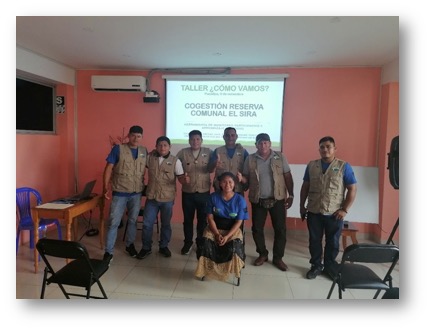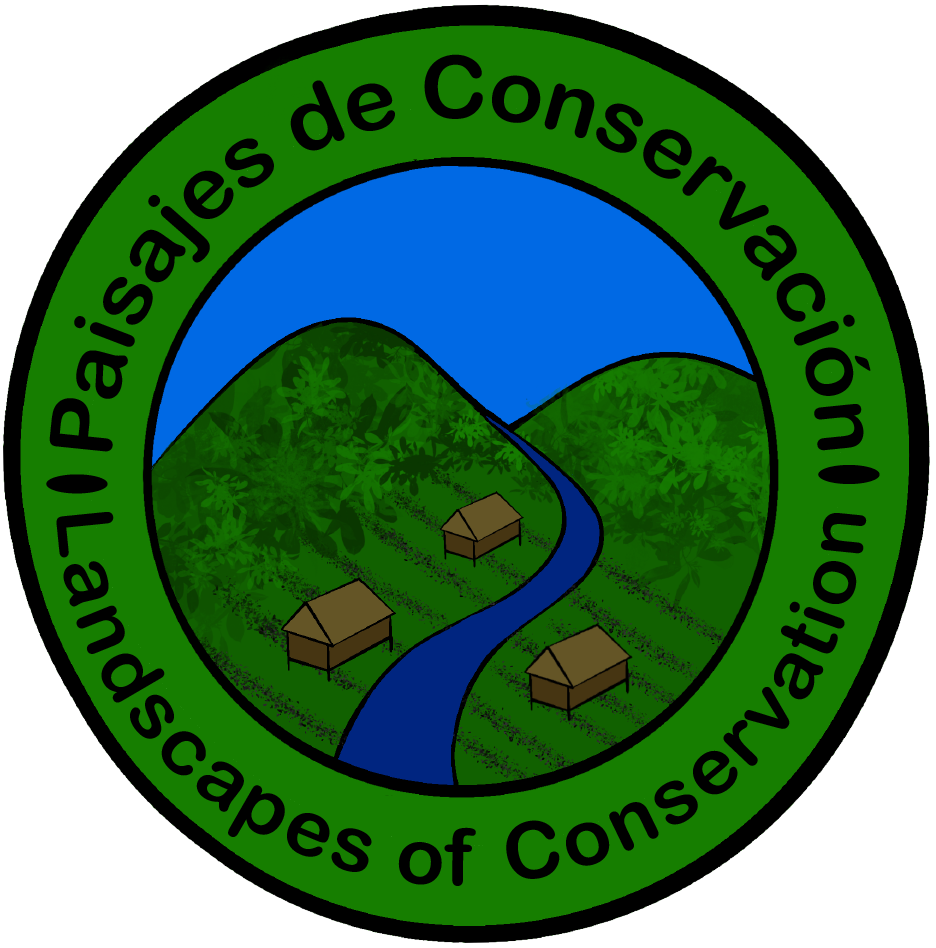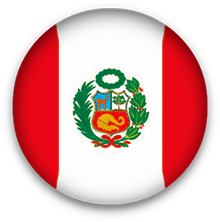Drawing on our institutional and research partners in Peru this aspect of the project aimed to secure the meaningful participation of indigenous people and communities in forms of environmental governance. In order to strengthen participatory processes, the project team developed and tested a collaborative, adaptive and reflexive monitoring tool which enables more transparent, inclusive, and horizontal conservation regimes that have positive impacts on both people and forests while supporting the recognised rights of indigenous peoples to prior consultation and participation in policy decisions and forms of governance.
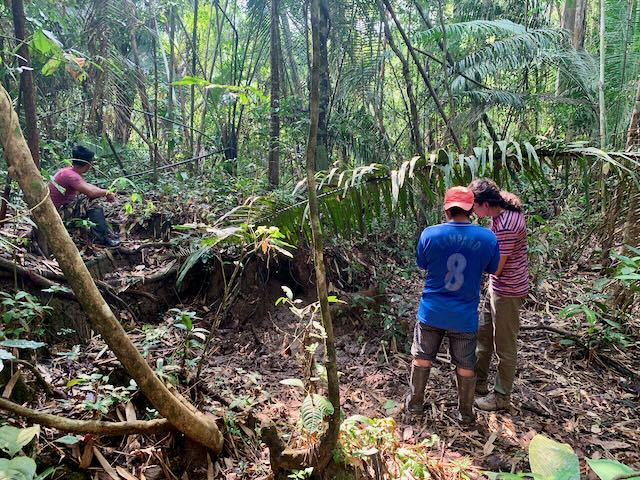
A framework of participatory exercises and reflexive feedback processes has been developed as well as a package or ‘tool’ that will enable ECAs and local indigenous populations to monitor and discuss the protected areas and to produce collaborative and adaptive responses to new and ongoing social and environmental issues.
The approach’s innovation lies in its emphasis on two forms of participation:
(i) its co-development with Asociación Nacional de Ejecutores de Contrato de Administración de Reservas Comunales del Perú (ANECAP), ECAs and community representatives,
(ii) its implementation by ECAs and their partners rather than by external evaluators. In this context the tool provides a framework for adaptive and reflexive learning by bringing together stakeholders to collaborate in planning the implementation of activities, collectively monitor those activities, and learn from the impact of their actions to adapt future work to the lessons that arose from the monitoring process. The key point is for ECAs and the communities they represent to critically reflect on their shared challenges and collaboratively design possible solutions.
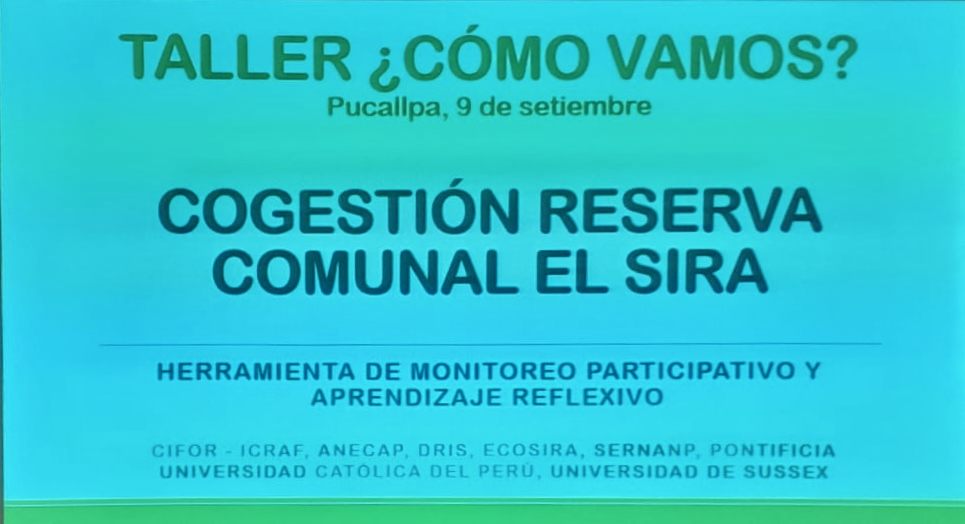
The tool is a product of the project team’s ongoing collaborations with SERNANP, the National Organisation of ECAs (ANECAP) and the Center for International Forestry Research (CIFOR). Its potential for improving the transparency, inclusivity and equity of conservation regimes is recognised by SERNANP and ANECAP which, after completion of this pilot phase, will adopt it as an official tool for Communal Reserves.
